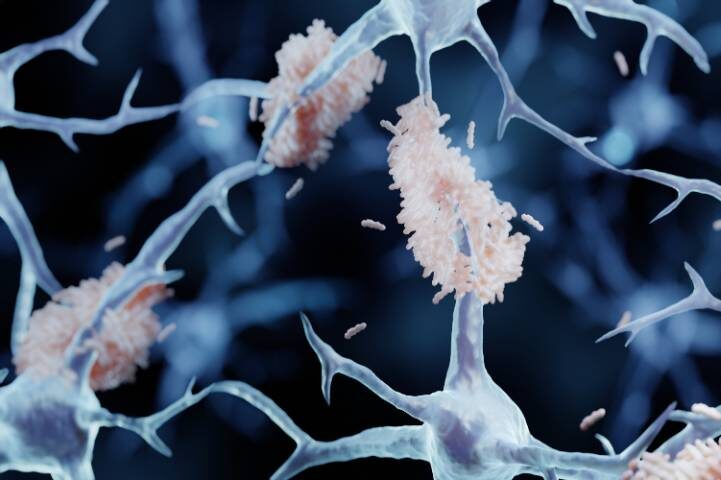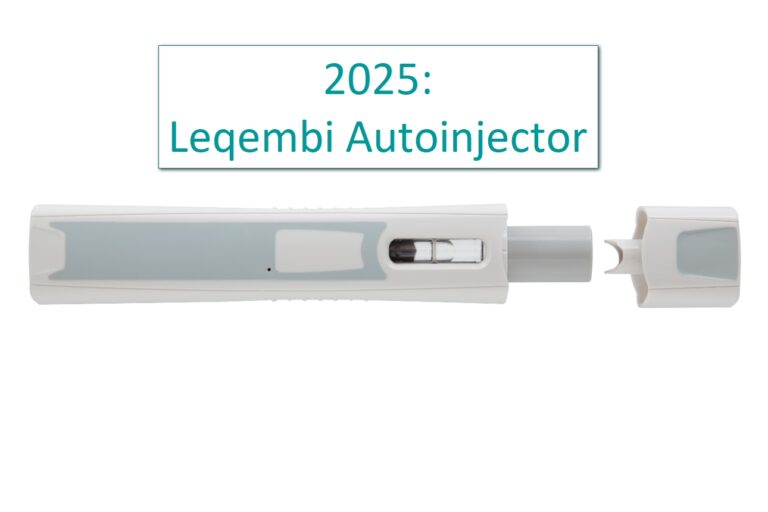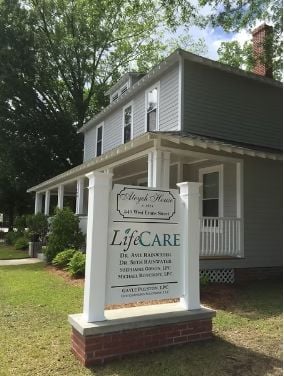
Leqembi & Kisunla: Extending Independent Living
A new analysis of the benefits of these Alzheimer’s treatments scores the days and ways patients succeed in living independently.

A new analysis of the benefits of these Alzheimer’s treatments scores the days and ways patients succeed in living independently.

The EMA has announced its schedule for reviewing the Alzheimer’s drug Leqembi (lecanemab) for use in Europe. Meanwhile, the U.S. FDA, which already approved the drug, is moving ahead with a new version that doses Leqembi in a better, more convenient fashion for those taking the drug over the long run.

Learn about 2025’s newly approved or potential Alzheimer’s drugs. These include Leqembi, Kisunla, Remternetug, Semaglutide, Trontinemab and Bepranemab.

Leqembi and Kisunla are the new Alzheimer’s immunotherapies. A loss of brain volume associated with these immunotherapies may be caused by the removal of amyloid plaques, rather than the loss of neurons or brain tissue. A new study sheds light on what’s going on.

Europe originally said Lecanemab (Brand-name Leqembi) was too risky to approve. Now they are recommending marketing it. Why the change of heart?

The European Medicines Agency (EMA) recommended approving Leqembi® (generic lecanemab) for Alzheimer’s. Originally skeptics, learn how the “Clarity AD” trial helped change their mind.

Leqembi is an FDA-Approved Alzheimer’s treatment. Hospital infusions take an hour each. 2025 is looking to see a new 15-second autoinjector version. For some, it should even work at home.

Why are some of the new anti-Alzheimer’s antibodies better than others? With the FDA’s approval of Lecanemab and Donanemab, it’s worth staying on top of this topic’s latest research.

The 2 newest Alzheimer’s drugs, Leqembi (lecanemab) and Kisunla (donanemab) show promise, but many questions remain. Here are the three next ones.

Right now, there are two FDA approved drugs to treat Alzheimer’s itself. Find out why Remternetug may soon get approval as a third, even better treatment.

Lewy Body dementia is the 2nd most common form of dementia. See
experts at America’s top medical center, The Mayo Clinic, improving the lives of people who struggle with it.

We make a living by what we get,But we make a life by what we give. (Winston Churchill)

Clinical Psychology / Neuropsychology
LIFECARE PSYCHOLOGY GROUP, LLC

SHORT-TERM MEMORY lapses are obvious signs of Alzheimer’s, but other tell-tale signals begin to show much earlier. Learn how to look for semantic impairments, such as simple questions about size.

Three important dementia studies focus on HS-AGING, a type of dementia almost as common as Alzheimer’s in the 85+ group. Yet few people have heard of it. Why? What makes it different?

An intriguing study of 120 grandmothers might surprise you. Doctors know socially engaged people have better cognition and less dementia. But can a person get too much of a good thing? What’s the right balance?

Enjoy this great duet between a musician with dementia and his son. A triumph of spirit over Alzheimer’s! Sing-a-long if you like!
No spam, only news and updates.


